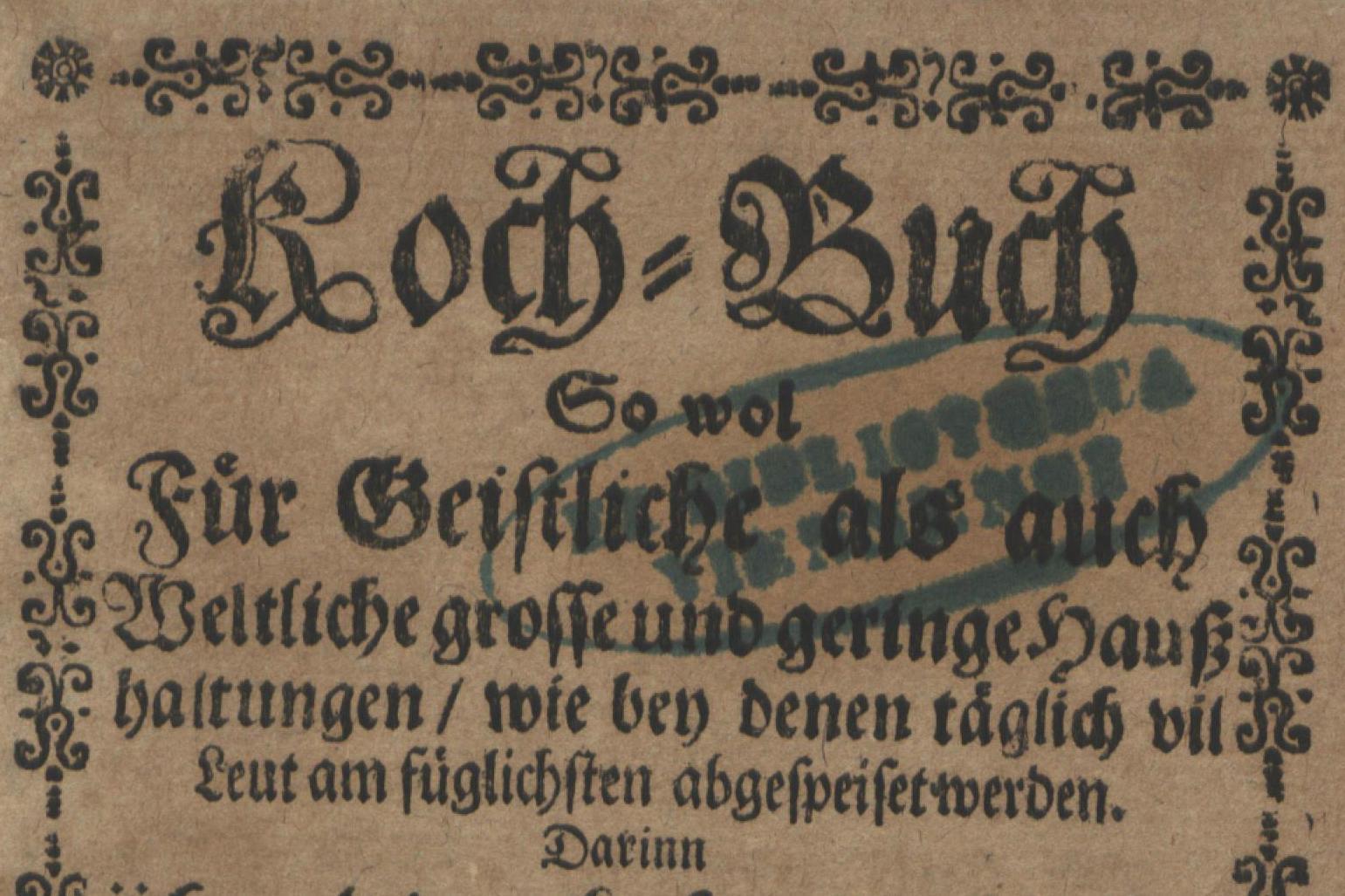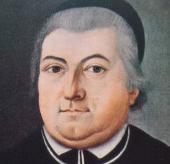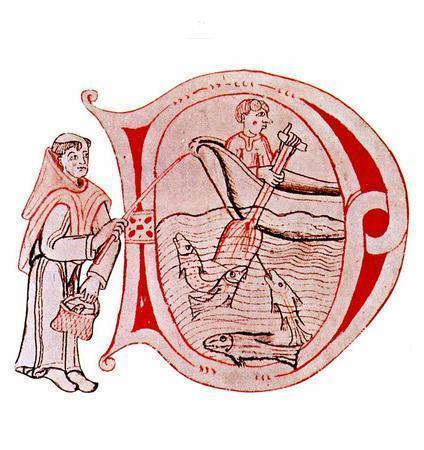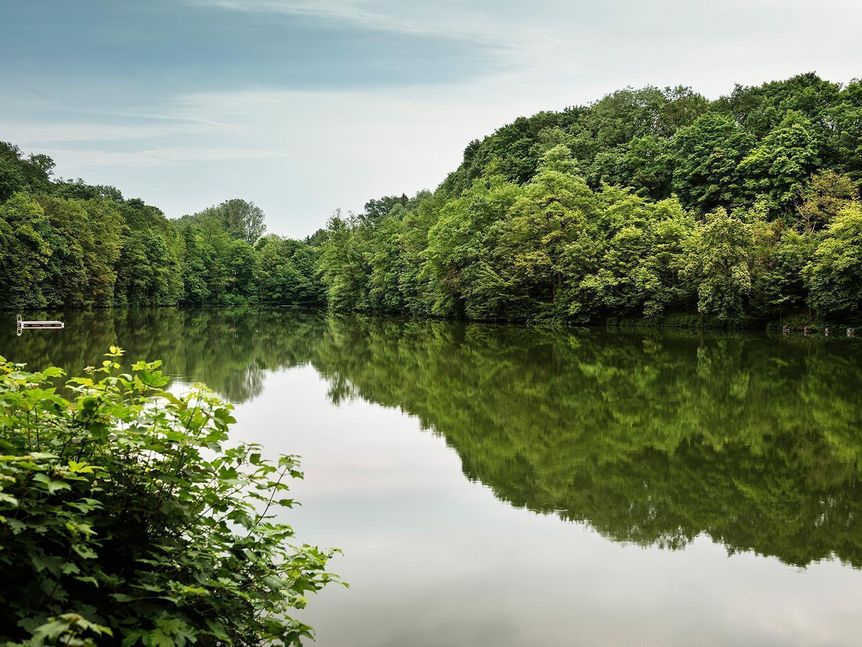Conditional complianceBernhard Buchinger's Cookbook
Former head chef and Cistercian monk from the Alsace, Bernhard Buchinger knew how best to prepare food. He compiled a cookbook that is indicative of the baroque love of fine dining and pleasures of the palate. In 1642, Buchinger was elected abbot of Maulbronn Monastery.






